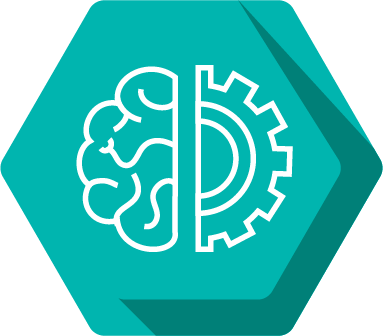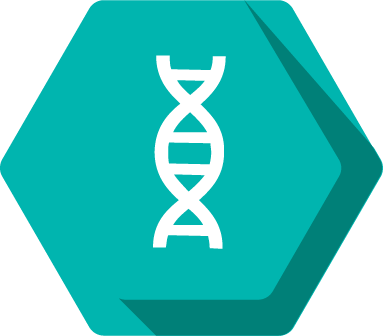Katherine Lee

Pronouns: she/her/hers
Research Mentor(s): Yang Zhang, Professor
Research Mentor School/College/Department: Department of Computational Medicine & Bioinformatics, Michigan Medicine
Presentation Date: Thursday, April 22, 2021
Session: Session 2 (11am – 11:50am)
Breakout Room: Room 9
Presenter: 1
Abstract
Recent developments in gene sequencing and personalized medicine provide a remarkable opportunity to revolutionize healthcare. Many single-nucleotide polymorphisms (nsSNPs) are associated with disease-causing mutations. Because these mutations are often eliminated from the gene pool through purifying selection, the opportunity to determine their relationship to human disease is rare. Previous studies have developed neural networks that can identify pathogenic mutations to an adequate accuracy, but success with solely human variants is still lacking. Here we will train a deep neural network with a large data set of clinically annotated human variants from the dbSNP database. Each input layer is comprised of a sequence containing a clinically annotated variant from the dbSNP database, as well as an evolutionary profile of closely homologous sequences generated from multiple sequence alignment. This input is fed through multiple layers of feature extraction to achieve a final output determination of benign or pathogenic. The final trained network will then be tested on a smaller, separate data set of disease variants to gauge the efficacy and accuracy of the training. Our aim is to develop a neural network that is able to identify pathogenic mutations in human disease patients with high accuracy. This will hopefully allow future studies to utilize this network in the diagnosis or treatment of rare disease patients.
Authors: Katherine Lee, Robin Pearce
Research Method: Computer Programming







